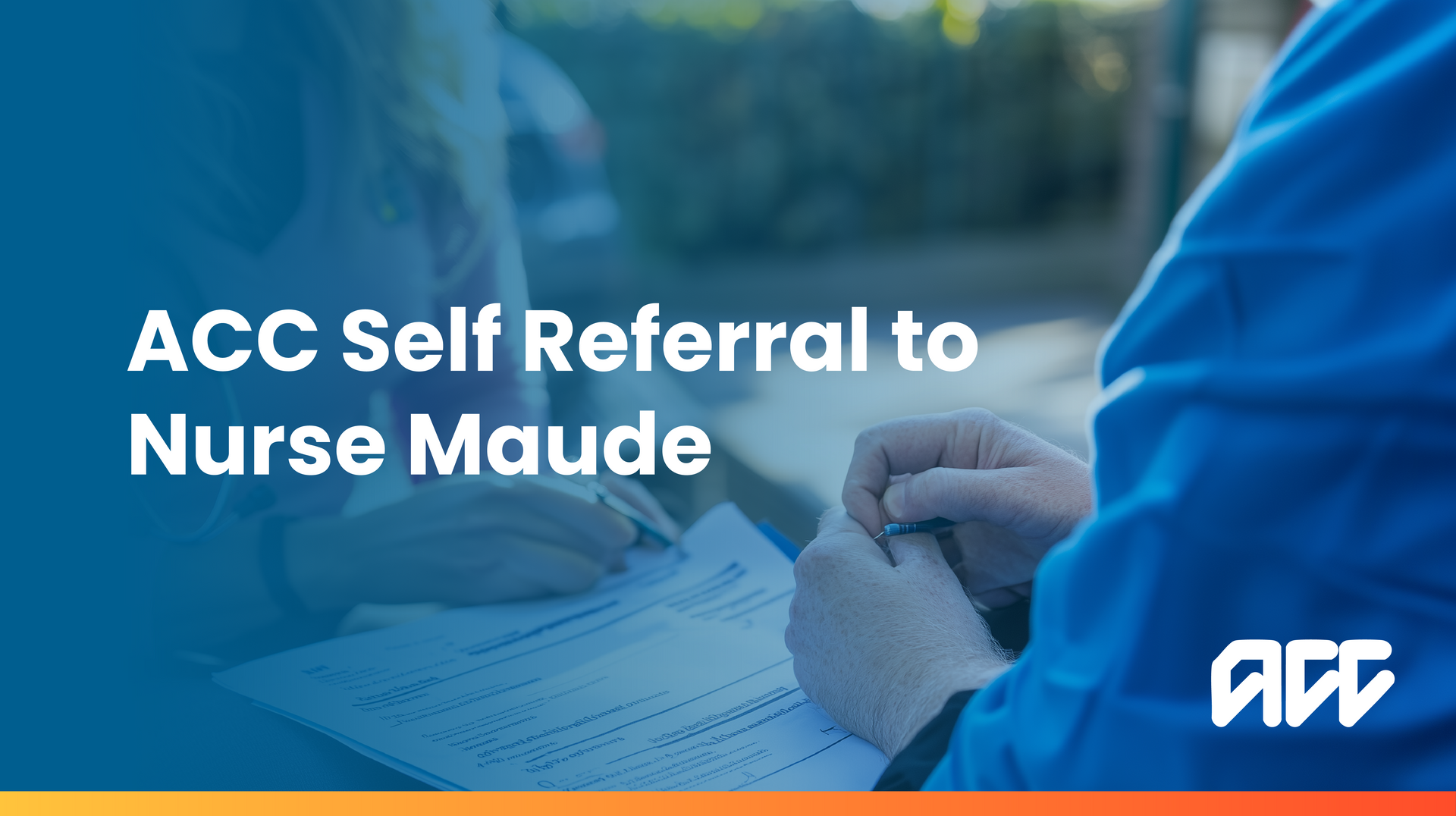Funeral Planning
Why plan a funeral?
Funerals and memorial services play an important role in the grieving process and acknowledging the reality of death. They are an occasion to say goodbye, celebrate the life of the person who has died, bring family/whānau and friends together to express their grief and support the bereaved.
Planning a funeral in advance gives everyone the opportunity to contribute their ideas and wishes. Pre-planning can also remove some of the decision making at a time when people are grieving.
There are no rules about the content of a funeral, and they can be personalised to reflect the life of the person who has died.
For some people, a private funeral is their personal preference but can exclude friends and others who would value saying goodbye and offering support.
Children
Parents and caregivers can positively influence a child’s experience by including them in many aspects of the funeral and allowing them to be part of decision making.
For some children, spending time with the person who has died can be an important part of saying goodbye. Children can also participate in the service by being a pall bearer, drawing a picture to place in the coffin, singing or reading a poem, or giving out flowers.
Funeral arrangements - some things to consider:
Choosing a funeral director:
It is recommended you choose a member of a recognised professional body such as the Funeral Directors Association of New Zealand (FDANZ) which has Codes of Ethics and Conduct.
You can ask friends, family/whānau for recommendations, visit several or have them visit you. You can ask for details on their services and costs be posted to you or alternatively you can find this information on the web.
If you prefer to organise the funeral yourself the Department of Internal Affairs outlines the legal requirements on their website dia.govt.nz
Funeral celebrant:
Anyone can conduct a funeral service. You can choose a clergyperson or a funeral celebrant or ask the funeral director. You may even have a family member/whānau, friend or colleague who would like to conduct the service.
Embalming:
Embalming is not essential if the person is to be buried or cremated within two to three days of death. A funeral director will be able to advise you.
Clothing:
You can choose the outfit for the person who has died to be dressed in.
Choosing to have the person who has died at home:
They can be at home for some, or all, of the time between the death and the funeral.
Service Sheet:
The Order of Service can include photos, dates of birth and death, song lyrics, readings, names of people taking part in the service and any hospitality details.
Music:
You can choose hymns, music and/or songs that had significance for the person who has died or are special to the family/whānau.
Readings:
Some have readings from the Bible, other religious texts, or readings that reflect the person who has died.
Photographs:
Photographs can be printed on the service sheet and you can have a photo display or slideshow presentation.
Recording the service:
Most funeral directors can arrange for
photographs, audio and/or video recordings of the service, or you may know someone who can do this. Some funeral directors can also live stream funeral services.
Death Notice:
These can be arranged directly with the newspaper or through the funeral director.
Coffin/Casket:
Choices include traditional polished wood, designer coffins, custom wood that can be decorated and written on, eco-friendly caskets or you can make your own.
Viewing:
Some people find this is a very special time to say goodbye while others will prefer not to have or be present at a viewing.
Venues:
While churches, crematoriums and funeral directors’ chapels are the traditional venues, you can choose a place that has significance for the family/whānau.
Eulogies and sharing memories:
You may want to ask family/whānau and close friends to talk and share memories during the service.
Pall Bearers:
There are usually six pallbearers and can be male or female
Flowers:
You can arrange flowers for the casket and venue yourself or ask the funeral director to do this for you.
Donations:
In lieu of flowers some families prefer a donation to a charity, and a donation box can be provided for this at the service.
Hospitality after the funeral:
Think about what you would like, where and who you can ask to help. The funeral director may offer to arrange this for you.
Burial or cremation:
Think about whether you would like to have a burial or cremation and whether you would like the ashes kept, interred or scattered



